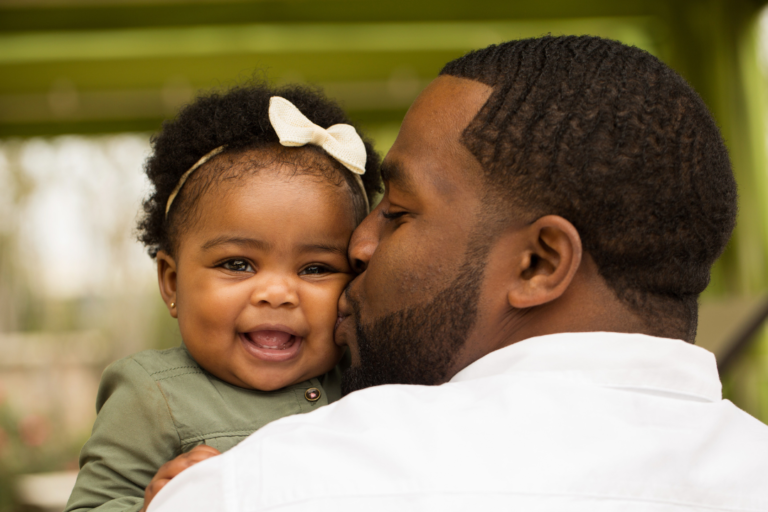Nothing is more frustrating then when sleep patterns change. Just as you get it right and think you are on the track to having a baby who sleeps through the night, you get one disturbed night of sleep and it sets you back big time! The question is: are there typical times that you should expect nighttime hiccups?
4-6 months old sleep changes
From birth, your baby will slowly and steadily begin to sleep for longer and longer stretches at night and you will have the satisfaction of the occasional longer period of sleep. But just as your baby pieces it together and is almost ‘sleeping through’, he will start to wake more frequently again. This happens as your little one begins to require extra nutrition at night, the milk feeds that used to sustain him are no longer doing so and you have three choices:
1. Breastfeed on cue and meet his demands at night to stimulate your milk supply. In this way, your little one will go back to sleep and wake again in 4 hours for another feed. This is a good idea if:
- Your baby is less than 17 weeks
- You or your baby have confirmed allergies (in which case you should delay introducing formula or solids
2. Offer a top-up bottle at bedtime or if he wakes shortly after going down
3. Introduce solids – absolutely fine to do any time between 4 and 6 months
8 months old sleep changes
At around 8 months old, your baby will start waking due to separation reasons or plain ol’ habits. At this age your baby is working hard to establish object permanence – the awareness that you exist when he can’t see you. To decrease the effect of this milestone on sleep:
- Encourage a sleep soother such as a ‘doodoo blanky’ (Taglet) or dummy that can be used independently
- Play separation games during the day – ‘peek a boo’ or hide and seek
- Listen to your baby at night before going to him and see if he resettles on his own. If he cries, go to him, give him love and help him settle on his own with a doodoo blanky
- Do not be tempted to feed him at night before 2 am as this can lead to habits developing
Toddler years sleep changes
Toddlers are notorious poor sleepers. Your toddler will wander at night and come through to your room. In fact more toddlers co-sleep than newborns, according to recent research! Toddlers call for their parents at night due to night fears and boundary issues. To address this, leave a night light on and encourage your toddler to use a comfort object instead of coming to you. If your toddler repeatedly wanders into your bed at night you have three choices:
- Repeatedly walk him back to his bed – while this will be exhausting initially, your toddler will eventually learn that night wanders bring no joy
- Let him climb into your bed and share a bed with him
- Find the sense-able middle ground – have a mattress under your bed that he can pull out and sleep on at night – this means your bed remains your own but your toddler has access to you at night
Sign up for Sleep Sense online course for a better understanding of your little one’s sleep, sleep regression and how to get your baby to sleep through the night.




